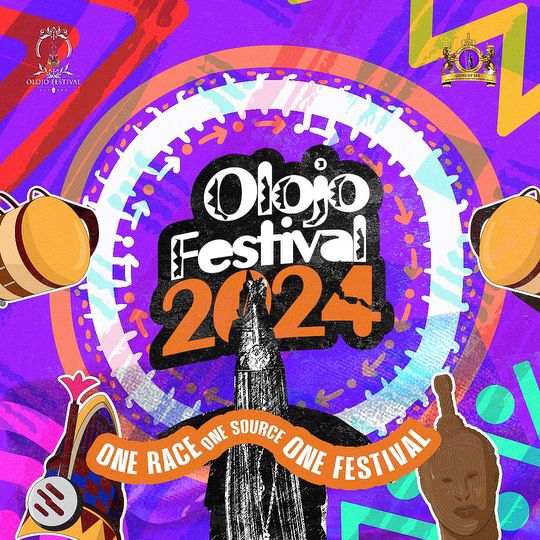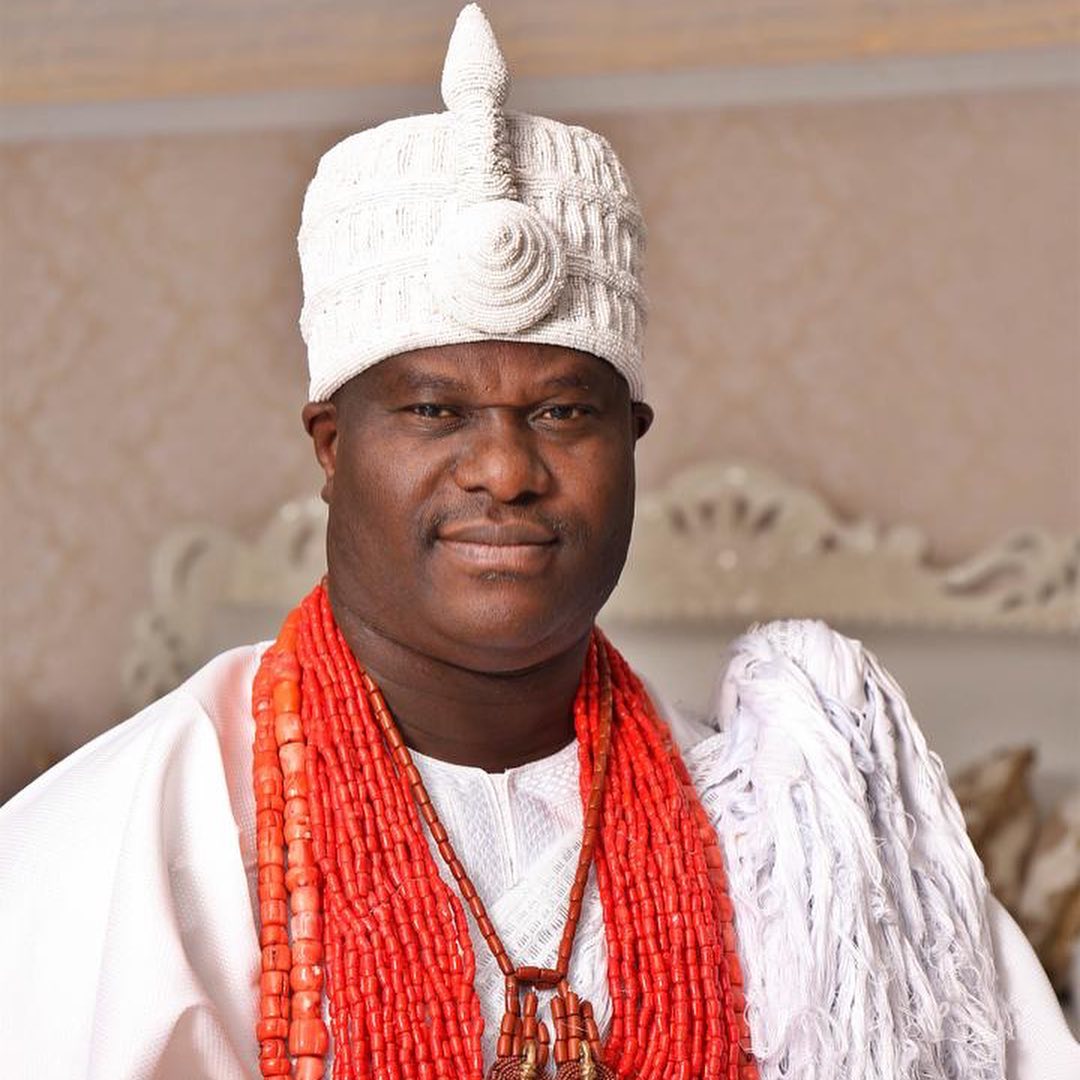Olojo Festival 2024, A Must Watch!
https://www.youtube.com/watch?v=b2im--JWQWE&pp=ygUTb2xvam8gZmVzdGl2YWwgMjAyNA%3D%3D

https://www.youtube.com/watch?v=b2im--JWQWE&pp=ygUTb2xvam8gZmVzdGl2YWwgMjAyNA%3D%3D

The Yoruba civilization, and the Olojo Festival, an ancient celebration, embodies the rich cultural and spiritual heritage of the Yoruba people. The word Olojo translates to "Owner of the Day," and the festival commemorates the creation of the universe according to Yoruba mythology, paying tribute to Ogun, the god of iron, war, and labor. This celebration holds deep historical, spiritual, and cultural importance to the Yoruba people and draws participants from across the world. 1. Celebrating Ogun, the God of Iron and Labor The Olojo Festival is primarily dedicated to Ogun, one of the most significant deities (orishas) in Yoruba mythology. Ogun is known as the god of iron, war, and hard work. He is revered as the protector of warriors, blacksmiths, and all those whose work depends on the use of iron and metal. The festival celebrates the power of Ogun in shaping the world and the human ability…

Efficacy of Festivals in Africa: A Focus on the Olojo Festival of Ile-Ife, Nigeria Festivals hold a significant place in African society, not only as cultural celebrations but also as essential components of community cohesion, economic growth, and heritage preservation. Among these festivals, the Olojo Festival in Ile-Ife, Nigeria, stands out as one of the oldest and most revered in Yoruba tradition. It is a powerful example of how festivals contribute to the social, spiritual, and economic life of African communities. 1. Cultural Preservation and Identity Festivals like Olojo serve as a medium for preserving cultural heritage, which is crucial in maintaining the identity of a people. In Africa, where oral traditions and customs are central to history, festivals are one of the primary avenues through which younger generations learn about their ancestry and traditions. The Olojo Festival commemorates Ogun, the god of iron, and the dawn of creation according…